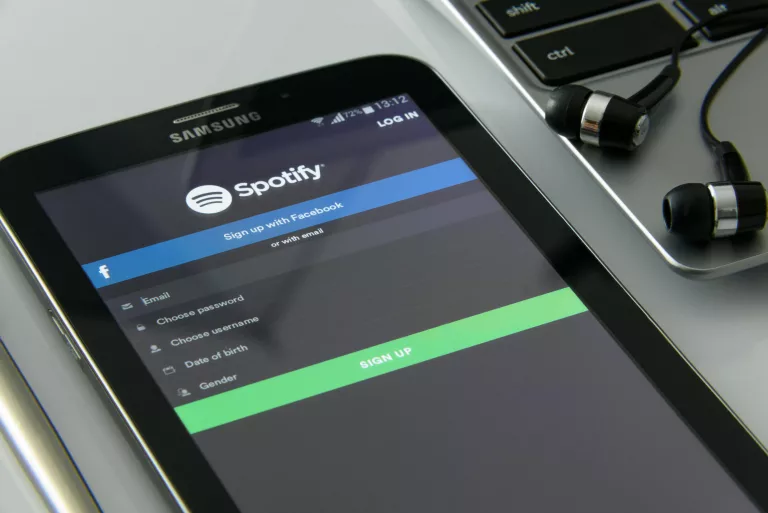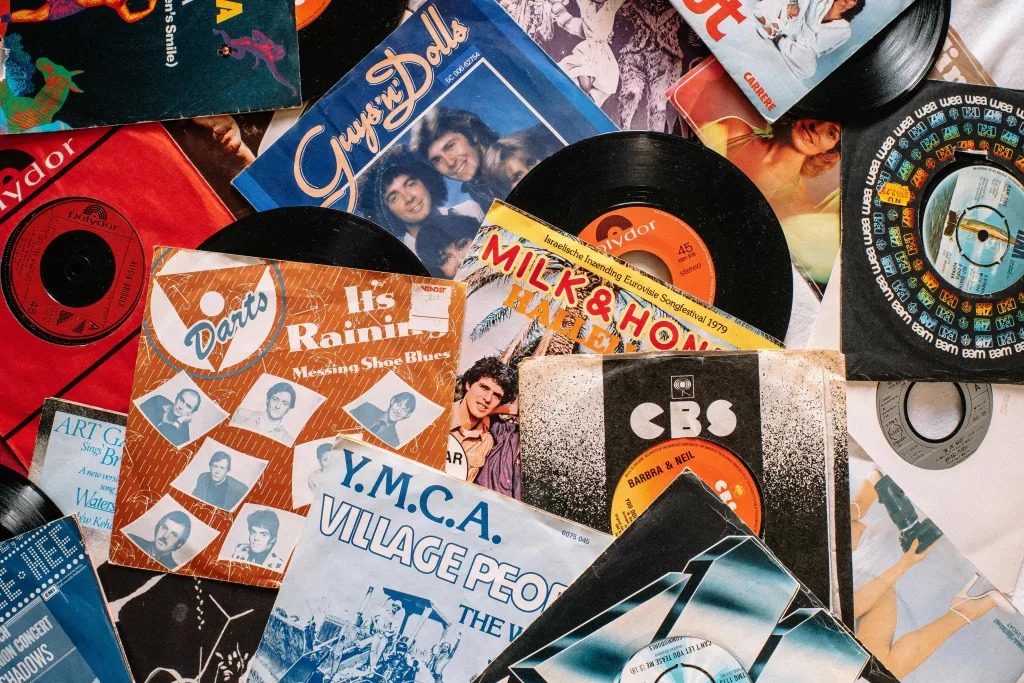The Rise of Streaming Platforms


The music industry has undergone a radical transformation in recent years with the meteoric emergence of streaming platforms.
These online services have revolutionized the way public discovers,consumes and shares music.
They thus establish a new musical paradigm.
This article explores the rise of music platforms. It highlights the changes they have made to the industry and examines the impact on artists and listeners.
The Emergence of Streaming Giants
The musical landscape has been disrupted by the arrival of streaming platforms such as Spotify, Apple Music, Deezer and many others.
These services provide instant access to millions of titles. This allowed listeners to create personalized music libraries and explore a diversity of genres on demand.
This convenience quickly captured the attention of music lovers, propelling platforms to the heart of modern music consumption.
Streaming: The End of the Traditional Model
The rise of streaming platforms marked the gradual end of the traditional model of selling physical albums or digital downloads.
Users now prefer the convenience of streaming, eliminating the need to store music files locally. This transition has had considerable repercussions on the industry.
It modifies the remuneration mechanisms of artists and redefines the criteria for success in the musical world.
Streaming: Unlimited Access to Music
One of the most praised aspects of streaming platforms is the almost unlimited access to a vast musical repertoire.
Subscribers can discover new artists, explore diverse genres, and revisit classics, all without the physical or financial limitations associated with physical media.
This democratization of access to music has therefore created an environment where artistic diversity is celebrated.
Economy: Challenges and Opportunities
Although streaming platforms have given artists unprecedented global reach, the economics behind these services spark heated debate.
Artists often rely on revenue streams from streaming, but the distribution of these earnings can be unequal.
Critics point to the need for fairer compensation. Proponents say streaming has therefore created new opportunities for monetization.
For example, live concerts and merchandise sales.


Streaming: The Power of Algorithms and Personalized Discovery
Recommendation algorithms play a central role in the streaming experience, providing users with suggestions based on their listening habits.
This personalization has transformed the way audiences discover music. This introduces lesser-known artists to a wider audience.
However, this has also raised questions about the creation of musical bubbles, where listeners may therefore be confined to similar recommendations, thereby limiting the diversity of their discoveries.
Streaming: Impact on Independent and Emerging Artists
Streaming platforms have opened up new opportunities for independent and emerging artists.
The barrier to entry for sharing their music with a global audience has dropped significantly.
However, with increased visibility comes the challenge of standing out in a sea of content.
Artists must adopt creative and marketing strategies to take full advantage of the platform.
Podcasts and Exclusive Content
Beyond music, streaming platforms have diversified by integrating podcasts and exclusive content.
Listeners can now access shows, interviews and original content directly on their favorite platform.
This expansion thus broadens the reach of streaming platforms, positioning them as versatile destinations for auditory entertainment.


Audio Quality Challenges
Although streaming offers unparalleled accessibility, some audiophiles raise concerns about audio quality.
Compressing files for streaming can result in loss of qualityprompting discussions about the need for solutions that provide an optimal sound experience.
The Emergence of Hi-Res Audio: A Return to Quality
As concerns over audio quality are raised, an emerging trend on streaming platforms is the integration of high-resolution (Hi-Res) audio.
This technology aims to deliver sound quality superior by reproducing uncompressed audio files, thus preserving all the details of the original recording.
Hi-Res Audio attracts audiophiles and paves the way for a more immersive listening experience.
Content Strategies and Artistic Collaboration
Music platforms encourage new content strategies and artistic collaboration. Artists are exploring innovative formats such as visual albums, exclusive collaborations with other creators and the integration of interactive music videos.
These approaches expand creative possibilities and allow artists to build rich and engaging musical universes.


Live Experience Personalization
Streaming platforms are exploring personalization of the live experience, allowing users to participate in virtual concerts, live sessions and exclusive events.
This direct interaction between artists and their audience creates a unique proximity, offering listeners an immersive experience beyond simply listening to recorded music.
The Impact on the Live Concert Industry
The rise of streaming platforms has also transformed the live concert industry.
Artists are now incorporating digital elements into their live performances, creating hybrid experiences that combine physical presence with virtual elements.
These developments question the very nature of live concerts and open new avenues for the live experience.
Conclusion
The rise of streaming platforms marks a crucial step in the evolution of the music industry.
While they have created new opportunities for listeners and artists, they have also generated debates about fair remuneration and redefined the dynamics of the global music scene.
As the industry continues to adapt, one thing is certain: music, in all its forms, will continue to play a central role in our lives, and streaming platforms will remain at the heart of this ever-evolving music experience.
